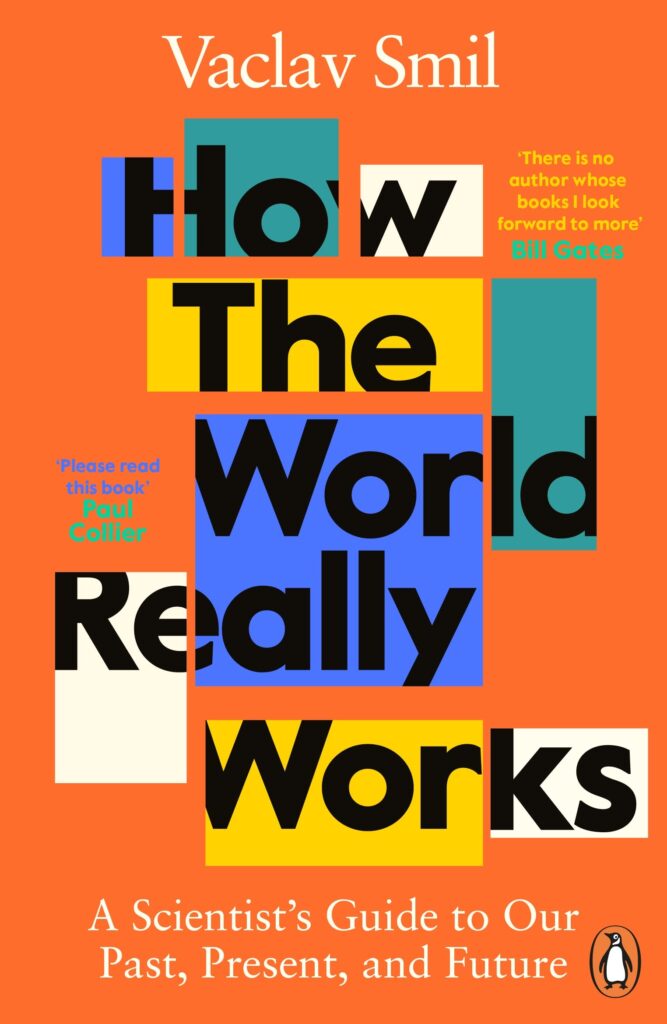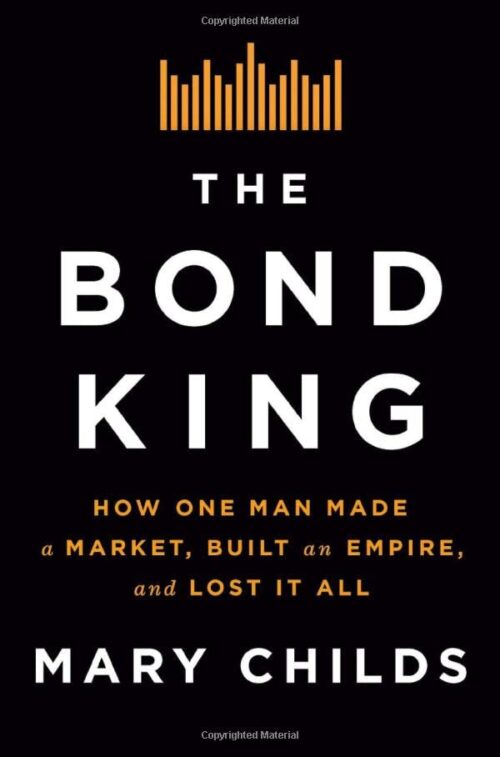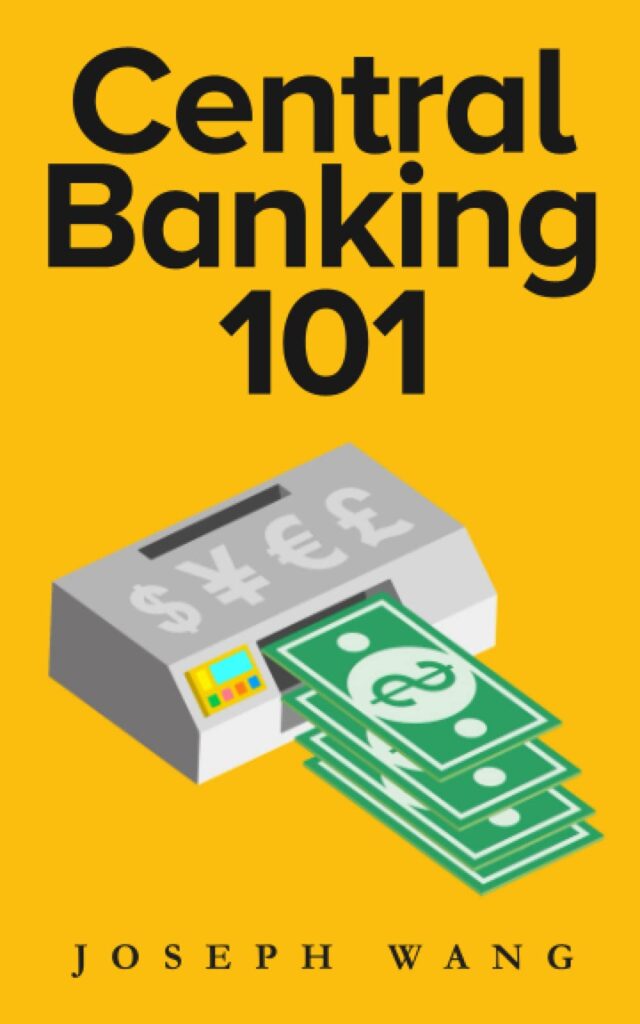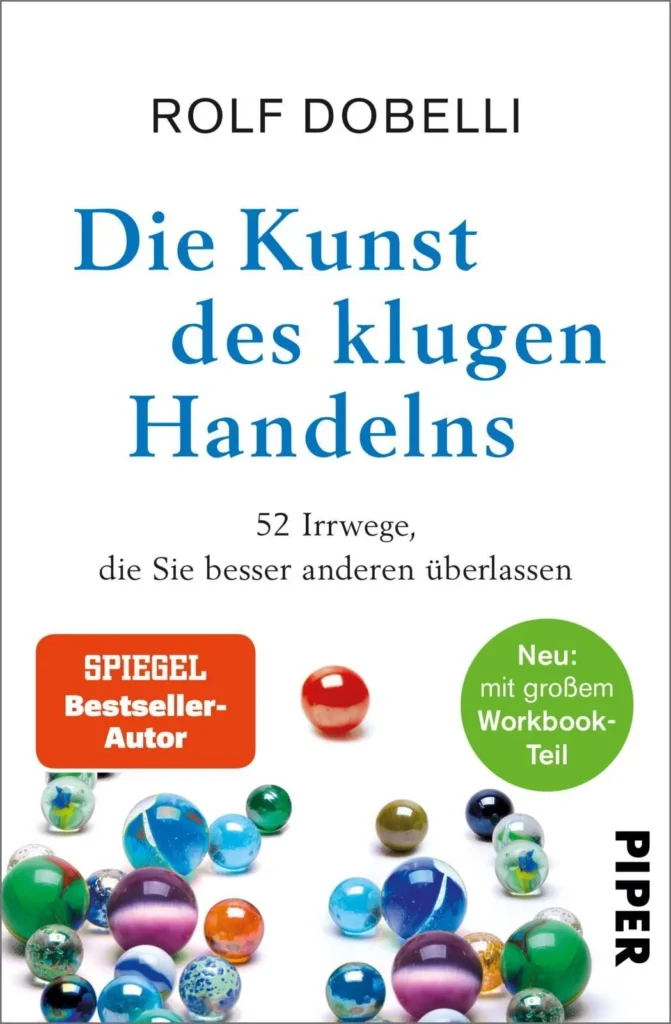2 December 2022
We drown in data and information. And yet, most of us do not truly understand how the world works. We start our 2022/2023 winter reading list with a book that, among others, sheds light on energy, a topic that could not be more relevant this season.
As we move away from TINA (“there is no alternative to stocks”) to TARA (you guessed right, “there are reasonable alternatives, a.k.a. bonds”), our second book illustrates the rise and fall of Bill Gross, the Bond King of Wall Street.
The bulk of asset repricing appears to be behind us. While the effects of monetary tightening are disinflationary, the flow effects are much less clear. Everyone is trying to understand how central banks actually operate. That puts them in the alley of Joseph Wang, a lawyer who became a trader.
The final book on our year-end reading list happens to be a new edition of a Swiss classic. It boldly claims that one cannot say what brings us success but what prevents or destroys it. It has become a how-to manual that many pick up time and again. This book is easy to digest, like a good dessert after a generous holiday meal.

How the World Really Works
Smil Vaclav
The New York Times aptly titled its review of this book “Everything You Thought You Knew, and Why You’re Wrong”. Yet, nothing is capable of scaring us away more quickly than Bill Gates calling Smil Vaclav’s work “dense and packed with data” and understanding why none of his more than 40 books ever sold particularly well. It may have to do with the fact that the prolific author with Czech roots has conducted interdisciplinary research on various subjects concerning our everyday lives and has published over 500 papers in its wake. However, the real reason Gates still calls How the World Really Works a masterpiece from one of his favorite authors is that this time the author managed to write a book that is digestible for us mortals.
How the World Really Works offers a much-needed reality check—before we can tackle problems effectively, we must understand the facts and their context. And that is a topic Vaclav, who happens to be a Distinguished Professor Emeritus at the University of Manitoba, a Fellow of the Royal Society of Canada, and a Member of the Order of Canada, excels at. Building on his interdisciplinary research in energy, environmental and population change, food production, history of technical innovation, risk assessment, and public policy, this book explains seven of the most fundamental realities governing our survival and prosperity. If facts still matter to you, this book will equip you with the toolset to understand not only energy, for example, and how innovation in this space could transform our lives for the better. It will also enable you to impress and enlighten friends and family during the festive season. Some of us will make our families even happier by leaving them alone and diving into Smil’s original oeuvre, “Energy and Civilization”, spanning a generous 568 pages..

The Bond King: How One Man Made a Market, Built an Empire, and Lost It All
Mary Childs
Earlier this year, Bill Gross, once called the Bond King, made headlines again. He lost a feud with his neighbor and had to remove a net protecting a massive illuminated art structure in his garden. The war of roses at one time had even led Gross to blare music from his property to soften up his fellow citizen. Unfazed by the defeat, Gross put out a press release declaring victory.
The man who once built PIMCO, one of the most influential investing organizations, is no stranger to controversy. After a very public fallout with Mohamed El-Erian, his heir-apparent, Gross made the news after dedicating an investor letter to Bob. His cat had died at the age of 14. These were only a few anecdotes that eventually contributed to his ouster at PIMCO.
US Journalist Mary Childs is a co-host for NPR’s Planet Money podcast. She was a senior reporter at Barron’s magazine, covering the alternatives industry and the bond market. Her bestselling book tells the tale of the smart kid who turned the sleepy bond market into a game of high risk and high reward, reaping millions in the process. Gross helped reshape the financial system in the aftermath of the Great Recession and established PIMCO as an investment powerhouse. Gross is one of the many examples of how close genius and eccentrics are to each other. A gratifying and entertaining read.

Central Banking 101
Joseph Wang
Earlier this year, Bill Gross, once called the Bond King, made headlines again. He lost a feud with his neighbor and had to remove a net protecting a massive illuminated art structure in his garden. The war of roses at one time had even led Gross to blare music from his property to soften up his fellow citizen. Unfazed by the defeat, Gross put out a press release declaring victory.
The man who once built PIMCO, one of the most influential investing organizations, is no stranger to controversy. After a very public fallout with Mohamed El-Erian, his heir-apparent, Gross made the news after dedicating an investor letter to Bob. His cat had died at the age of 14. These were only a few anecdotes that eventually contributed to his ouster at PIMCO.
US Journalist Mary Childs is a co-host for NPR’s Planet Money podcast. She was a senior reporter at Barron’s magazine, covering the alternatives industry and the bond market. Her bestselling book tells the tale of the smart kid who turned the sleepy bond market into a game of high risk and high reward, reaping millions in the process. Gross helped reshape the financial system in the aftermath of the Great Recession and established PIMCO as an investment powerhouse. Gross is one of the many examples of how close genius and eccentrics are to each other. A gratifying and entertaining read.

Die Kunst des klugen Handelns
Rolf Dobelli
If you are an avid consumer of information, you have come across getAbstract, one of the leaders in creating summaries of books, podcasts and articles. One of its co-founders is Rolf Dobelli. The prominent Swiss author and graduate of the University of St. Gallen has been a proponent of avoiding news consumption for decades.
Dobelli applies the Michelangelo analogy to the way we deal with information. He urges us not to focus on David, the renaissance sculptor’s famous statue. Instead, we better get to work at chiseling out of the block of stone and clearing it away. Or, more prosaically, if we focus on removing all errors of thought and action, we will automatically think more clearly and act better.
The new edition of Die Kunst des klugen Handelns (translated into English as The Art of Thinking Clearly) builds on Dobelli’s clever texts about avoiding the most common thinking errors. There are, however, more pitfalls lurking on our journey from thinking to acting. In 52(!) fast-paced and digestable chapters, the author shows us, among other things, why it pays to close doors and forego options, why too much information encourages unwise action, or why we are hampered by emotions when spending money.
Dobelli is not without controversy, however. In 2013 he was accused of plagiarism by Nassim Taleb, the famous author of bestellers like The Black Swan, or Antifragile. While some of the attacks were ad hominem, Dobelli subsequently acknowledged his concerns and updated subsequent editions.

